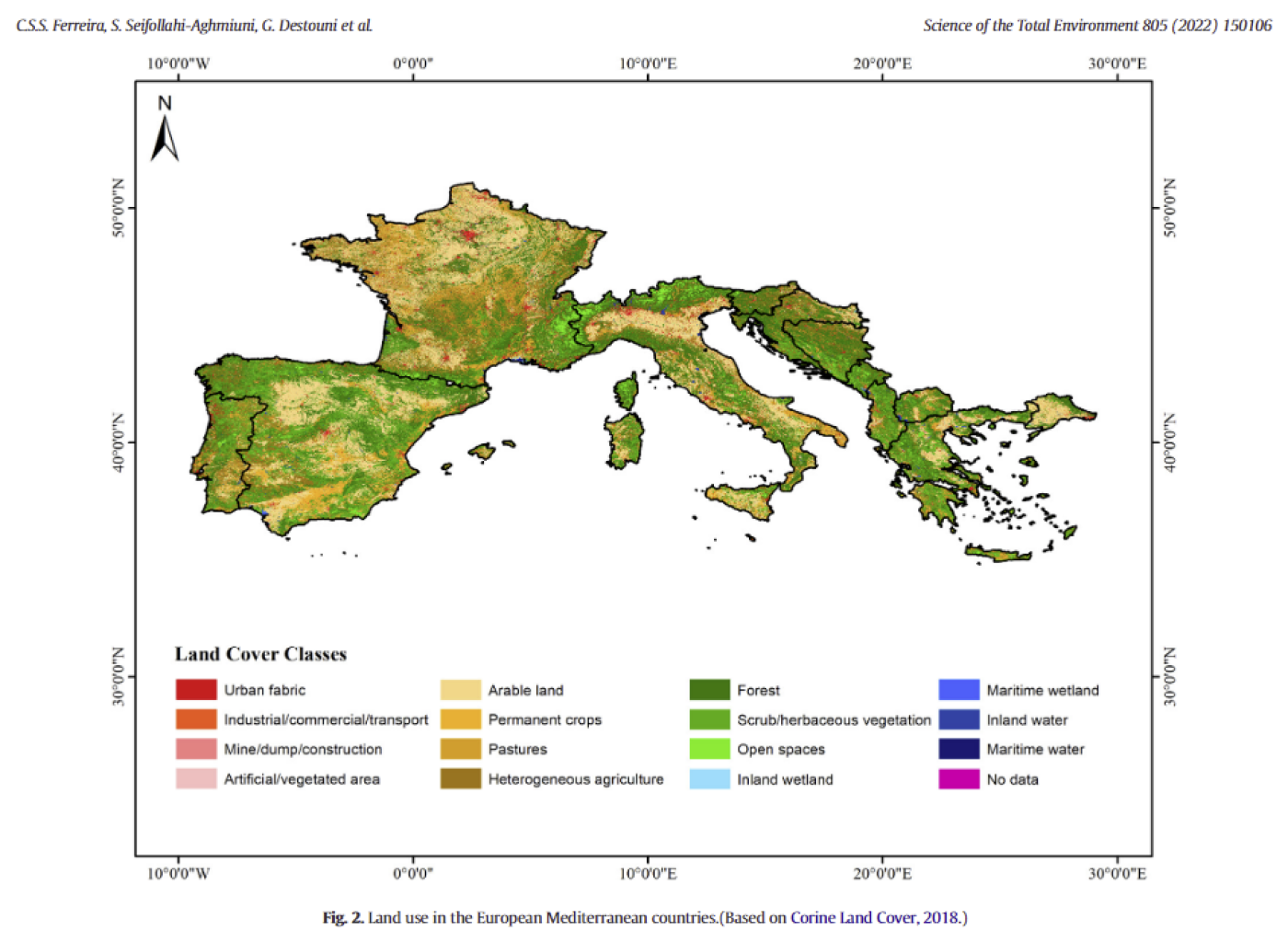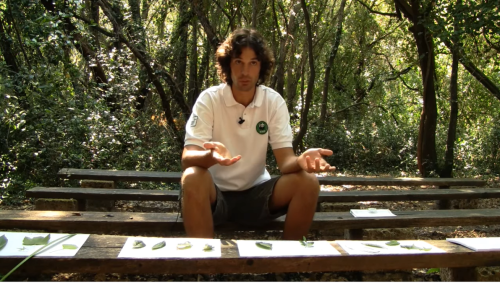Soil degradation in the European Mediterranean region: Processes, status and consequences | Science of the Total Environment
Soil, a non-renewable resource, sustains life on Earth by supporting around 95% of global food production and providing ecosystemservices such as biomass production, filtration of contaminants and transfer ofmass and energy between spheres. Unsustainable management practices and climate change are threatening the natural capital of soils, particularly in the Mediterranean region, where increasing population, rapid land-use changes, associated socio-economic activities and climate change are imposing high pressures on the region's shallow soils. Despite evidence of high soil susceptibility to degradation and desertification, the true extent of soil degradation in the region is unknown. This paper reviews and summarises the scientific literature and relevant official reports, with the aim to advance this knowledge by synthesizing, mapping, and identifying gaps regarding the status, causes, and consequences of soil degradation processes in the European Mediterranean region. This is needed as scientific underpinning of efforts to counteract soil degradation in the region. Three main degradation categories are then considered: physical (soil sealing, compaction, erosion), chemical (soil organic matter, contamination, salinisation), and biological. We find some degradation processes to be relatively welldocumented (e.g. soil erosion), while others, such as loss of biodiversity, remain poorly addressed, with limited data availability.We suggest establishment of a continuous, harmonised soil monitoring system at national and regional scale in theMediterranean region to provide comparable datasets and chart the spatial extent and temporal changes in soil degradation, and corresponding economic implications. This is critical to support decisionmaking and fulfilment of related sustainable development goals.


